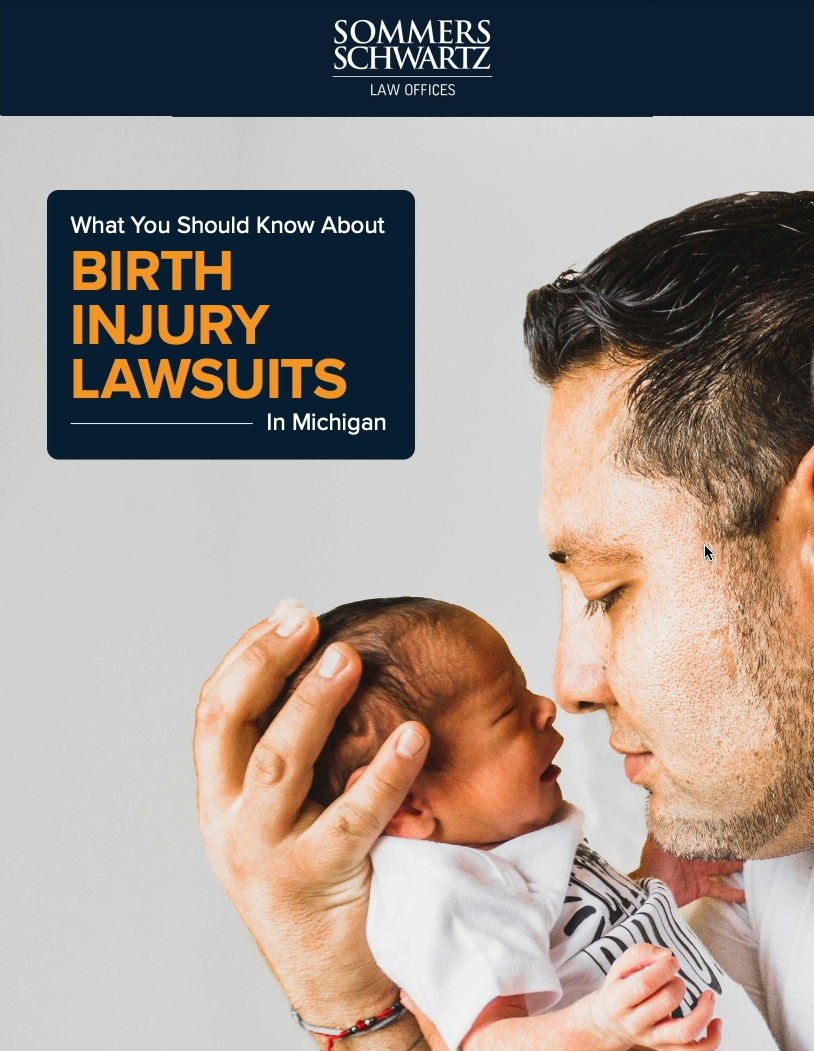Online gaming has become an essential part of modern entertainment, transforming from a niche activity into a global cultural phenomenon. With millions of players worldwide, online gaming has revolutionized the way people engage with video games, turning them into a shared experience that transcends geographical boundaries. In this article, we explore the evolution of online gaming, its global appeal, the role of eSports, and the future of this dynamic industry.
The Evolution of Online Gaming
The history of online gaming dates back to the 1970s and 1980s when early multiplayer games began to emerge, primarily in the form of arcade games like Pong and Space Invaders. However, it was in the 1990s that online gaming began to take shape. The rise of personal computers and the internet gave way to multiplayer titles that allowed players to connect with xocdia88 others around the world. Early games like Doom and Warcraft were among the first to offer networked multiplayer experiences, marking the beginning of online gaming’s potential.
The real breakthrough came in the late 1990s and early 2000s, when broadband internet became widely available, allowing players to connect to the internet in real-time and engage in multiplayer experiences over longer distances. Games like World of Warcraft and Counter-Strike were instrumental in popularizing online multiplayer gaming and establishing large-scale online communities.
The Global Appeal of Online Gaming
Online gaming has gained immense popularity due to its ability to connect players from all over the world. The social aspect of online gaming is one of its most compelling features, with millions of people forming friendships, creating teams, and collaborating on in-game objectives. Online gaming allows players to meet people from different cultures and backgrounds, creating a sense of global community.
One of the key drivers of online gaming’s success is the sheer variety of games available. Genres such as first-person shooters (FPS), battle royale games, role-playing games (RPGs), and real-time strategy games offer something for every type of player. Games like Fortnite, League of Legends, Minecraft, and Apex Legends are just a few examples of titles that have achieved global success and boast millions of active players.
Mobile gaming has also played a significant role in expanding the reach of online gaming. With the rise of smartphones, casual games like Clash of Clans, Candy Crush, and Among Us have made it easier for people to play games on-the-go, further broadening the gaming audience.
The Role of eSports
One of the most significant developments in the world of online gaming is the rise of eSports. Competitive gaming, or eSports, has evolved into a massive industry, with professional players, teams, and organizations competing in high-stakes tournaments. Games like Dota 2, League of Legends, Overwatch, and Call of Duty have become eSports mainstays, with tournaments offering multi-million dollar prize pools and drawing audiences that rival traditional sports events.
eSports has created a new career path for players, coaches, analysts, and content creators, with professional gamers earning substantial incomes through tournament winnings, sponsorships, and streaming. Platforms like Twitch and YouTube Gaming have allowed streamers to broadcast their gameplay to a global audience, turning gaming into a spectator sport. Major eSports tournaments, such as The International for Dota 2, have become international spectacles, attracting millions of viewers worldwide.
The Benefits of Online Gaming
While online gaming is often criticized for its potential to foster addiction or promote unhealthy behaviors, it also has several positive effects. For one, online games often encourage critical thinking, problem-solving, and teamwork. Many multiplayer games require players to strategize, make quick decisions, and collaborate with teammates to achieve a common goal. This can help improve cognitive abilities and social skills, especially for younger players.
Additionally, online gaming provides an avenue for social interaction, particularly for people who may feel isolated. For individuals who struggle to connect with others in real life, online gaming offers a sense of community and belonging. Friends made through gaming can form strong, lasting relationships, and many players find support and camaraderie in gaming communities.
Moreover, online gaming can also serve as a form of stress relief. Engaging in a game can provide a mental break from daily life, allowing players to unwind and focus on something enjoyable. For many, gaming offers an opportunity to escape from the pressures of work, school, or personal challenges.
Challenges in Online Gaming
Despite its many benefits, online gaming also comes with challenges. One of the biggest concerns is the issue of toxicity within gaming communities. Negative behaviors such as trolling, harassment, and cheating can create an unpleasant experience for players. Game developers and platforms are working to combat these issues by implementing stronger moderation tools, reporting systems, and community guidelines to promote healthier environments.
Another issue is the potential for gaming addiction, particularly among younger audiences. As games become more engaging and rewarding, some players may find it difficult to balance gaming with other responsibilities, such as schoolwork, socializing, or physical activity. Parents and guardians are encouraged to set limits on gaming time and ensure that children are engaging in a variety of activities to maintain a healthy lifestyle.
The Future of Online Gaming
The future of online gaming looks incredibly promising. With the https://xocdia88vn.me/ advent of virtual reality (VR) and augmented reality (AR), gaming experiences are becoming more immersive than ever. VR headsets like the Oculus Rift and PlayStation VR allow players to step inside their games and interact with virtual worlds in ways that were previously unimaginable.
Cloud gaming is also poised to change the landscape of online gaming. Services like Google Stadia and Xbox Cloud Gaming allow players to stream games directly to their devices, eliminating the need for expensive gaming hardware. This democratizes access to high-quality games, enabling more people to participate in the gaming experience without the need for specialized equipment.
Conclusion
Online gaming has come a long way from its humble beginnings, and it continues to grow at an astonishing pace. With its ability to connect players across the globe, foster collaboration and competition, and create new forms of entertainment, online gaming is a central part of modern digital culture. As technology continues to advance, online gaming will only become more immersive, accessible, and engaging, ensuring its place as a dominant force in the entertainment industry for years to come.…


 Online gaming has dramatically transformed the way people experience entertainment. What started as a simple hobby has evolved into a massive global industry, shaping not only how people play but also how they connect, socialize, and even work. The rise of online gaming can be attributed to advancements in technology, the widespread availability of the internet, and the growing desire for interactive and social experiences. Today, online gaming is no longer confined to traditional consoles or PCs but has expanded to mobile devices, offering an unprecedented level of accessibility and immersion.
Online gaming has dramatically transformed the way people experience entertainment. What started as a simple hobby has evolved into a massive global industry, shaping not only how people play but also how they connect, socialize, and even work. The rise of online gaming can be attributed to advancements in technology, the widespread availability of the internet, and the growing desire for interactive and social experiences. Today, online gaming is no longer confined to traditional consoles or PCs but has expanded to mobile devices, offering an unprecedented level of accessibility and immersion.



